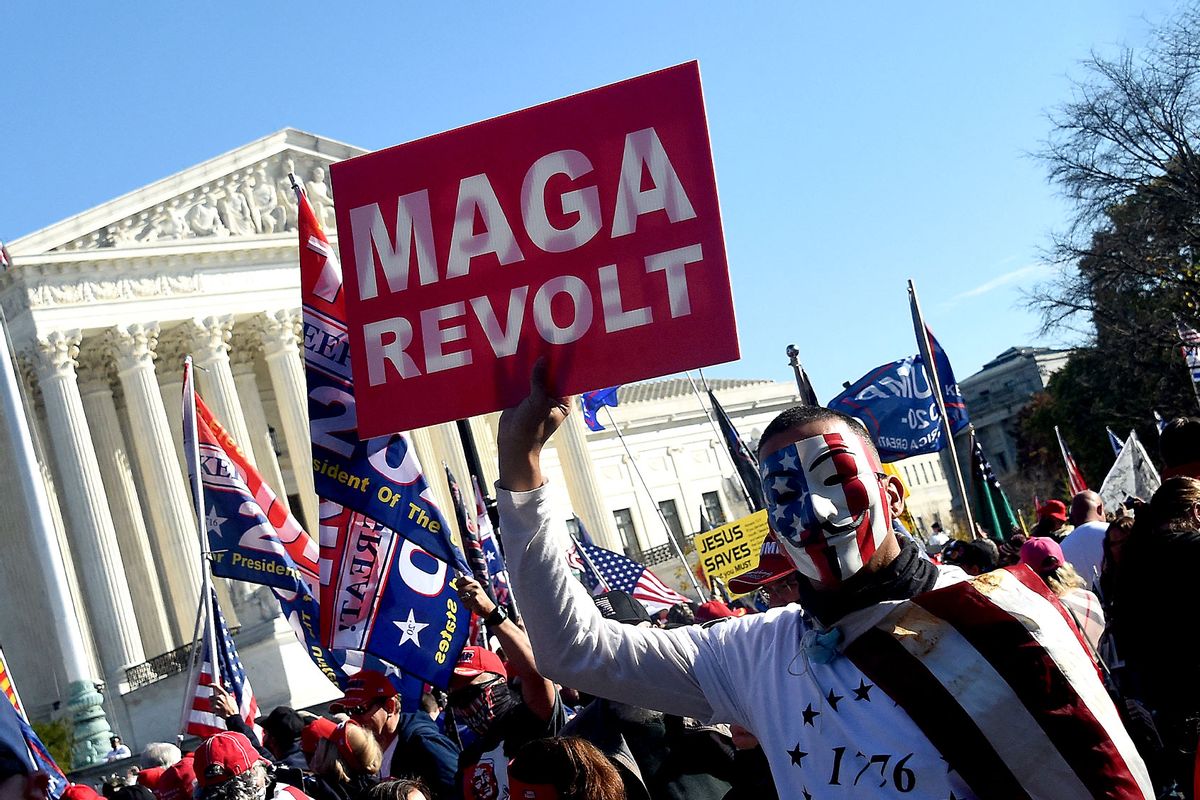The over 900-page document, commissioned by the people expected to run another Trump White House, is a laundry list of the far-right’s most politically toxic ideas, from banning abortion nationwide to mass firing federal officials who believe in protecting public health and safety. One would think that Trump and his allies would try to keep their sinister plans out of public view. Instead, Team Trump published their fascistic blueprint on a website for anyone to read,. They even proudly display the menacing “Project 2025” label on the front page.
…
On Sunday, actress Taraji P. Henson took a break during the BET Awards, which she was hosting, to speak out about Project 2025. “The Project 2025 plan is not a game. Look it up!” she told viewers. “I’m talking to all the mad people that don’t want to vote. You’re going to be mad about a lot of things if you don’t vote.”
The clip went viral, amplified by other celebrities like Mark Ruffalo. So the MAGA forces swung into action on social media, accusing Henson and Ruffalo and other progressives of making it all up. “Is Project 2025 in the room with you?” a blue-checked user sneered under Ruffalo’s tweet. These efforts at gaslighting people run against a real problem, however: The drafters of Project 2025 seek to promote their authoritarian playbook. Thus, a simple Google search generates a slew of explainers from various news organizations, with even more coming out rapidly, as a response to the rising number of people asking, “What’s Project 2025?”
“We received a flood of reader inquiries asking if Project 2025 was a real effort,” the fact-checking team at Snopes wrote in their lengthy explainer published Tuesday. Google Trends confirms that the number of searches for “project 2025” has grown dramatically in recent days.



I really think The Reactionary Mind should be required reading by leftists. It really helps to understand why conservatism is actively opposed to individual liberty and how they sell these regressive ideas to a population primed for them: